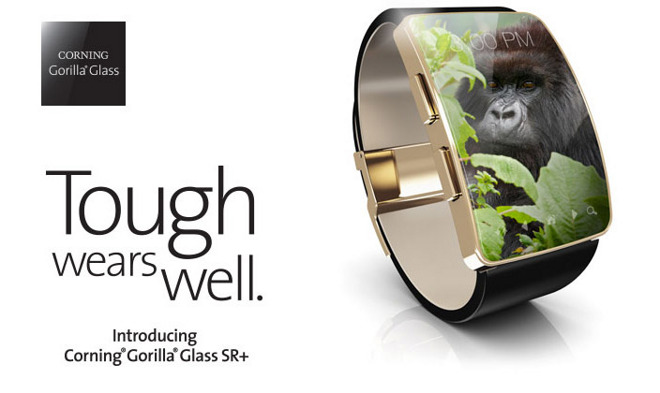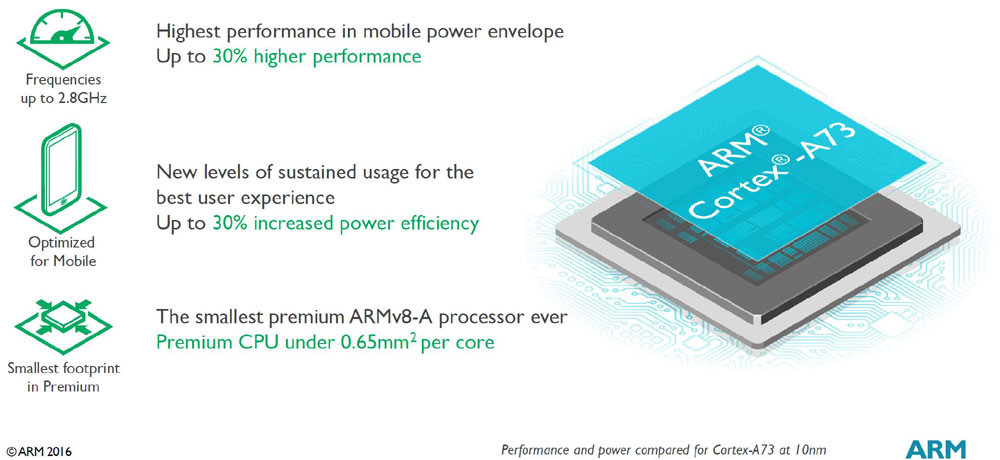
LG Innotek today announced that it has developed an ultra slim optical bio sensor module for wearable devices, and is capable of measuring heart rate, stress levels and oxygen saturation levels.
Compared to other existing solutions on the market, LG’s bio sensor module consumes lesser power and provides more accurate readings. LG boasts that the module has a thickness of only 1mm, which they have managed to achieve by using their advanced embedded PCB technology that involves directly embedding ICs into the PCB to reduce the overall thickness.
Using various techniques, LG has managed to increase the accuracy of the heart rate sensor, which will now be within a range of ±5 bpm during a workout and up to ±2 bpm in normal conditions.
“The core part of IoT (Internet of Things) is the sensor that enables information sharing. We will develop high-tech sensors and use them in automobiles, consumer electronics, wearable devices, and other things to lead the IoT industry,” said Changhwan Kim, Executive Director of the Components and Materials R&D Center.
In all probability, we will see LG use its latest bio sensor module on its upcoming Android Wear smartwatch that should also likely make use of Qualcomm’s latest Wear 2100 chipset.

















